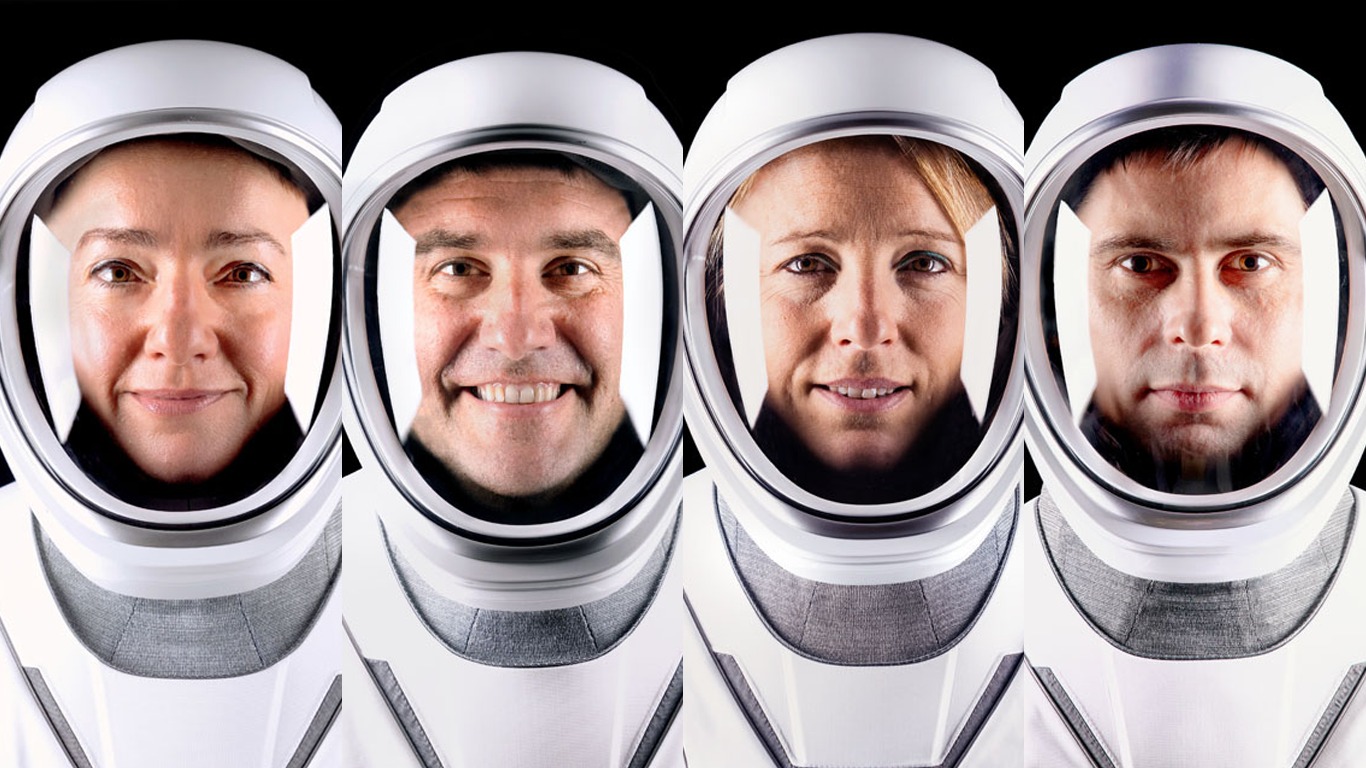XM and Sirius Consider Merger
PARIS--The two big U.S. satellite-radio companies, XM andSirius, reported sharply contrasting performance in 2006 but agree that amerger would result in substantial cost savings and might even pass muster withU.S. regulators.
In presentations at a Citigroup-organized investors'conference Jan. 9-10 in Las Vegas on the margins of the Consumer ElectronicsShow, managers from the two companies also said their next big revenue growtharea will come from advertising.
Mel Karmazin, chief executive of Sirius Satellite Radio,said Sirius expects to double its advertising revenues in 2007, reaching $60million of the company's planned $1 billion in sales. In 2005, the company soldjust $6 million in advertising.
"Ten percent of revenues is the target we'd like to getto," Karmazin said of the potential of advertising in Sirius' programs,especially the broadcasts of its star attraction, Howard Stern. "We'll bemore like 6 percent in 2007, but we can incrementally increase."
XM Satellite Radio Chairman Gary Parsons said XM alsoexpects to generate 10 percent of its revenues from advertising, from thecurrent 4-5 percent. He said as XM generates increased amounts of its owncontent, and then syndicates it nationally, advertising revenue should rise.
"We won't make a radical shift now," Parsons saidof shifting from the advertising-free format. "But I can see where today's4-5 percent gets to 10 percent or so in the next several years."
While Sirius doubled its customer base in 2006, to more than6 million, XM saw its published subscriber lead shrink. The company nonethelessadded nearly 1.7 million customers in 2006, ending the year with a total of 7.6million.
Breaking space news, the latest updates on rocket launches, skywatching events and more!
XM missteps included a forced modification of hardware tobring it into compliance with the company's U.S. Federal CommunicationsCommission (FCC) license, missed subscriber-growth targets and a messyresignation of board member Jack Roberts.
Parsons said he would not wish XM's 2006 "on a dog. Itwas a tough year for the company."
Regulators at the U.S. Federal Communications Commission(FCC) in 2006 sought to dampen speculation about an XM-Sirius merger, saying itwould be anticompetitive.
But the idea continues to excite Wall Street, whichspeculates that the merged company could save enormous amounts of capitalexpenditure by combining sales forces and moving toward a single satellitefleet.
Karmazin said he accepts that logic. "We areresponsible for acting in shareholders' interest, and creating value," hesaid. "One of the ways you create that value is through consolidation -particularly in a fragmented industry like the radio industry."
Merger proponents say today's audio-media market -- with iPodports in automobiles, high-definition radio channels increasingly available andever-more downloading of music - is broad enough so that a combined XM andSirius would not significantly reduce competition in the market.
Parsons agreed, saying that both Sirius and XM salesincreasingly will be dominated by OEM, or original equipment manufacturers,such as the automobile manufacturers who sell vehicles with XM or Siriusalready installed.
Few car buyers, Parsons said, will take the trouble toretrofit a vehicle simply to change from one satellite radio provider toanother. The competition is with standard radio or another alternative outsidesatellite radio. Much of the future growth of XM and Sirius, he said, willdepend on which car manufacturers do better in the marketplace - an argumentthat should weigh in favor of regulators' acceptance of a merger.
"Would we be a buyer or a seller? Neither,"Parsons said of how a merger might be structured. "It more likely would bea merger with a 'Best Of' combination. The Department of Justice would concludethat there is a broader, addressable market - a large number of audioentertainment opportunities. It would not be a piece of cake, but if you didsomething like that would have a favorable regulatory market in which toapproach it. But all these are hypothetical."

Charles Q. Choi is a contributing writer for Space.com and Live Science. He covers all things human origins and astronomy as well as physics, animals and general science topics. Charles has a Master of Arts degree from the University of Missouri-Columbia, School of Journalism and a Bachelor of Arts degree from the University of South Florida. Charles has visited every continent on Earth, drinking rancid yak butter tea in Lhasa, snorkeling with sea lions in the Galapagos and even climbing an iceberg in Antarctica. Visit him at http://www.sciwriter.us
